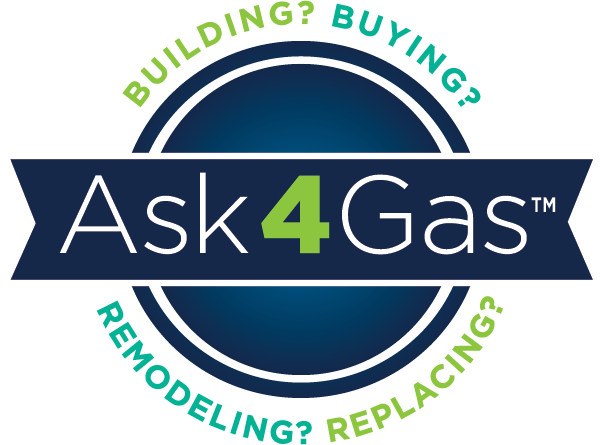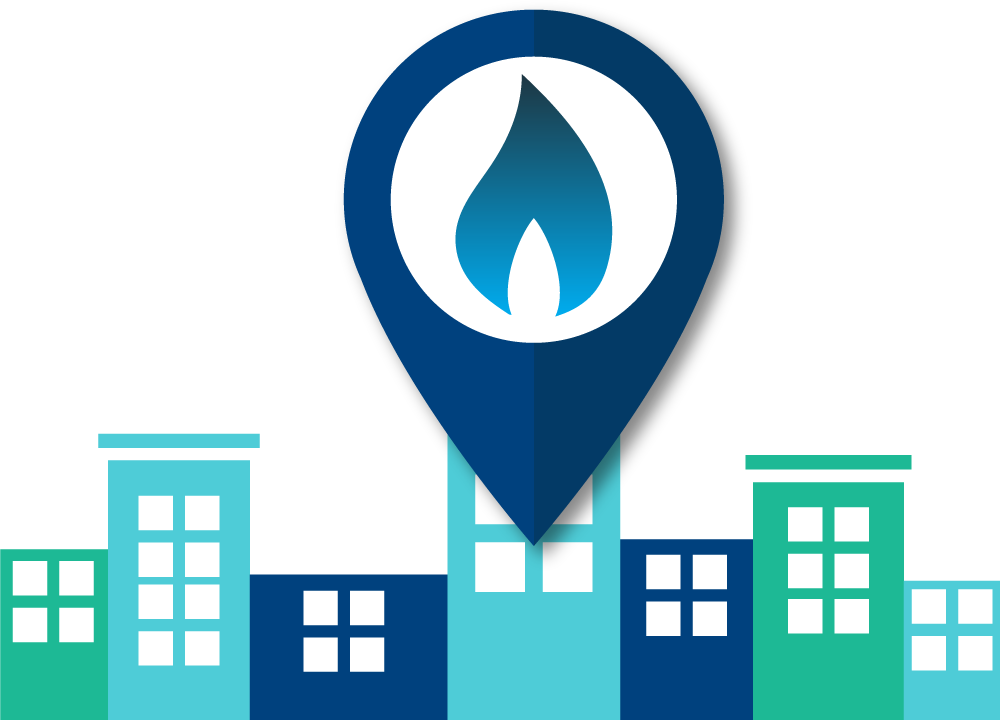It’s a frustrating and costly problem that many homeowners face: their gas or electric bills are outrageously high. Why? Whether you’re using natural gas, propane or electric to heat your water, there are many issues that can raise utility costs, but the device directly below can often be the culprit.
 This is a recirculating pump, located near the water heater, and its purpose is to continually circulate the hot water through your piping system. When you turn on the water to the shower or faucet, it is immediately hot. These pumps do a great service, but energy waste problems can occur if they’re not used properly. Did you know recirculating pumps, when used incorrectly, can add significant costs to your monthly water heating bill, up to 60%.
This is a recirculating pump, located near the water heater, and its purpose is to continually circulate the hot water through your piping system. When you turn on the water to the shower or faucet, it is immediately hot. These pumps do a great service, but energy waste problems can occur if they’re not used properly. Did you know recirculating pumps, when used incorrectly, can add significant costs to your monthly water heating bill, up to 60%.
 This particular model pump has a second feature pictured to the right. It has a three-setting adjustment to control how many gallons per minute will be circulating. In the picture, the unit is set to the highest setting, providing 12 gallons of water per minute. At this setting, the pump is using 75 watts of electricity. This is like having a 75-watt light bulb burning 24 hours a day, SEVEN days a week! Operating as is, this unit not only increases the cost of gas used by the water heater, but also the cost of the electricity to run the pump.
This particular model pump has a second feature pictured to the right. It has a three-setting adjustment to control how many gallons per minute will be circulating. In the picture, the unit is set to the highest setting, providing 12 gallons of water per minute. At this setting, the pump is using 75 watts of electricity. This is like having a 75-watt light bulb burning 24 hours a day, SEVEN days a week! Operating as is, this unit not only increases the cost of gas used by the water heater, but also the cost of the electricity to run the pump.
Here are the best ways to save water and energy with a recirculating pump:
- Never use a pump without a timer or a control to regulate use.
- Set the pump to run based on your family’s highest demand for hot water.
- Run the pump for a couple of hours in the morning and a couple of hours at night.
- Set the adjustment to the lowest setting. That will still produce 8 gallons per minute and your shower head only allows 2.5 gallons per minute.
- Switch to an on-demand pump which may have a switch or an electric eye that will turn the pump on when needed. Some recirculating pumps even have a phone application to control the pump’s circulation.
- Set your water temperature to 120°, which most manufacturers recommend for residential use.
By following these practical tips, you’ll be able to save money and energy – and still have plenty of hot water to meet all your household needs. ADDED BONUS:you’ll be much happier when you receive your next energy bill. Just imagine the cool home upgrades you can do with a year’s worth of savings.
Our Energy Experts are on standby to answer any questions you may have about water heating or any other energy topic. You can contact us today by clicking here.
Interested in learning about all the benefits and incentives on natural gas water heaters, click here.
Want to learn about how safe natural gas is? Click here.





